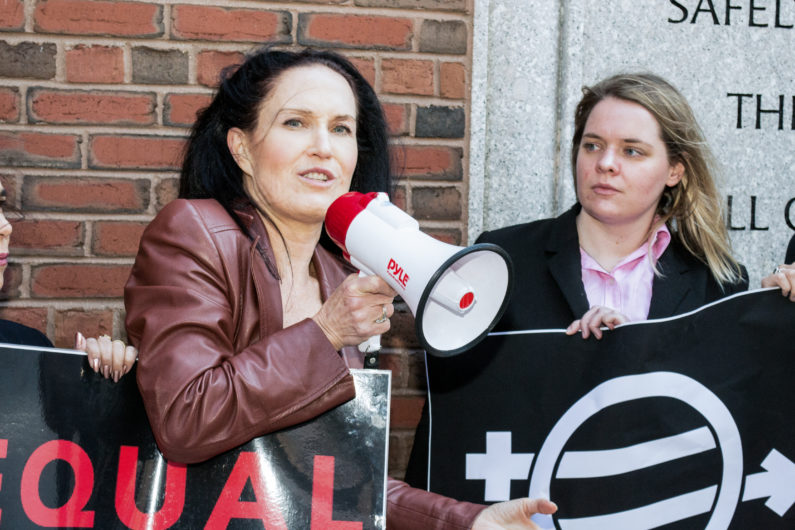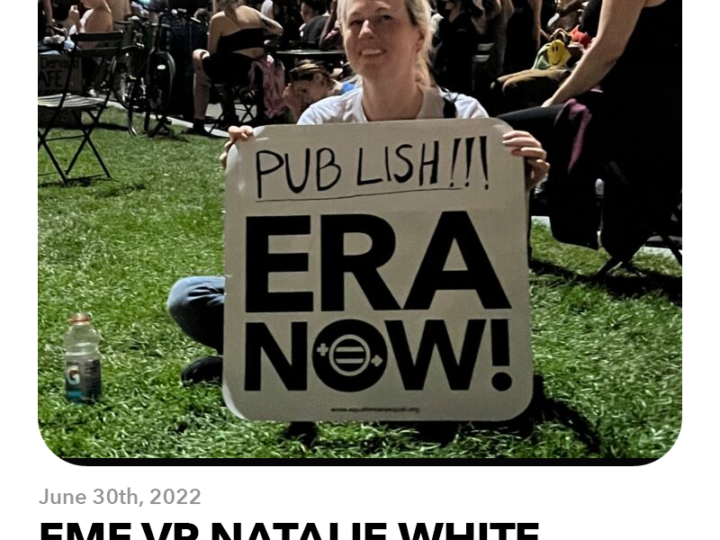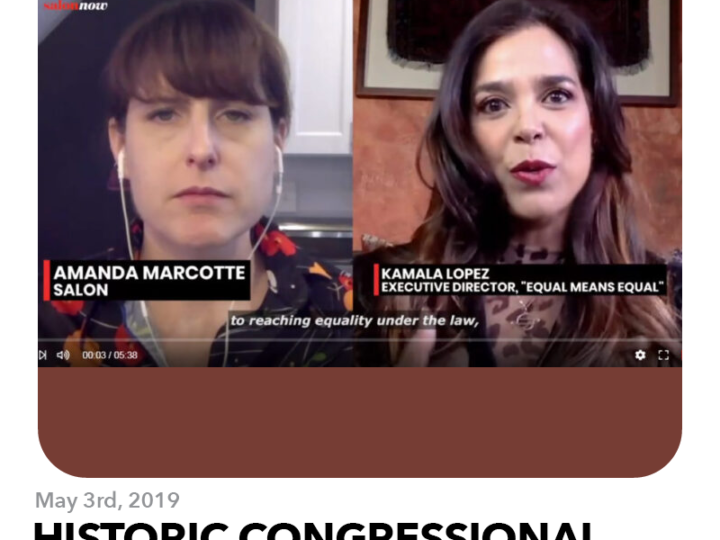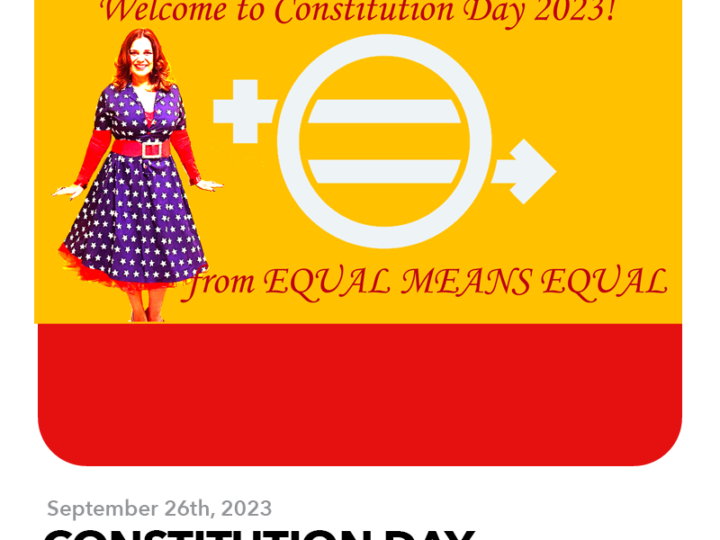Time Magazine’s person of the year was announced this week, and the award went to … women victims of sexual assault/harassment who have spoken out recently, sometimes against very powerful men.
The prestigious prize recognizes numerous victims for breaking the silence, coming together, and providing cultural comfort and space for others to come forward, too. Making victims feel heroic is important because it can help undo the offensive and entrenched idea that staying silent is the better course, and that living with harassment/violence is preferable to seeking justice.
Celebrating women who speak out is long overdue. No other category of witness to crime has been made to feel so bad for so long about doing something so right.
When a nine year-old boy recently called 911 to report his mother for drunk-driving, police called the child an “amazing hero.” And an entire statute rewards whistleblowers who report criminal fraud against the government by allowing them to collect enormous sums of money as a reward.
Prizes for women who report abuse are rare, so kudos to Time Magazine, but the writer nowhere explains why she focused on workplace harassment when women and girls suffer exactly the same harm, in much higher numbers, in family and interpersonal relationships, and on college campuses.
Sexual assault/harassment is always a civil rights offense when it happens in employment and education, and while the recent plethora of news coverage will help protect women in the workplace, things are not so rosy for college women. In fact, while we have been busy watching the big stories unfold, lawmakers at the state and federal level, including Education Secretary Betsy DeVos, have been taking steps to weaken women’s civil rights, including Title IX. This will make it harder for campus victims to speak out even as women in the workplace feel newly empowered. That is why I joined with Equal Means Equal to file a lawsuit against this unconstitutional order by the Department of Education (read more about it here).
The effect of these ugly efforts is already causing problems on college campuses.
In November, a minority student at Westfield State University was assaulted by students who knocked her backpack to the ground, kicked it, and made threatening racist remarks. The university immediately issued a statement to the public and the entire campus community describing the assault as a “hateful deed” and a “bias offense.” The school also offered a cash reward of $2,500 to any individual who came forward with information leading to the arrest and conviction of the individuals responsible. The statement added that any student found responsible “will be expelled from the University, which is consistent with the University’s zero tolerance policy…”
By contrast, when a woman student at Westfield State was repeatedly sexually assaulted by an employee who was criminally charged in 2012, the school issued no statement condemning the assaults as “hateful acts” or “bias offenses.” Instead, the school’s statement read: “our policy must be to not comment as [the offender] goes through the justice system to protect those involved.”
Like many schools, Westfield State has never issued a statement about a sexual assault as a “hateful deed.” Nor have they offered a cash reward to individuals who come forward with information about sexual assault. And, like most schools, they use a two-track system that allows them to keep sexual assaults confidential, and subject only sex/gender-based harms to different and worse treatment compared to all other civil rights incidents on campus.
These two-track discriminatory systems enable schools to engage in an insidious form of silencing that many victims don’t see or understand. In turn, schools are teaching impressionable young people to perceive violence against women as a second-class harm, unworthy of equal treatment under civil rights laws. It’s no surprise then that victims stay silent not only on campus, but also in the real world, after graduation.
This institutionalized normalization of women’s subjugation contributes to the relatively and actually high numbers of sex/gender-based harms on college campuses. Conservative estimates ut the annual number of sex/gender-based assaults on campus at around 250,000. During the 2016-2017 academic year, students reported 153 race-based incidents on college campuses.
This isn’t a contest to determine whose suffering is worse in the hierarchy of isms. It is simply an observation about the compelling need to keep our eyes wide open about the fact that when a glaring national spotlight is shining on one aspect of the problem of sexual assault/harassment, it can create dangerous areas of darkness elsewhere.
Love & Thanks
Wendy Murphy
Note from EME Directors: This precisely why we must educate the media and public on why ERA is the a priori action to deal with the issues harming women.





